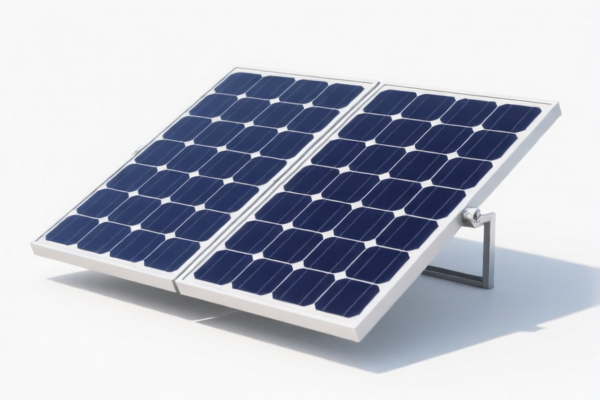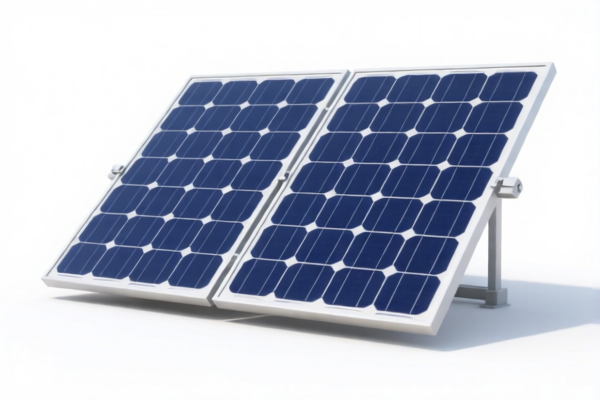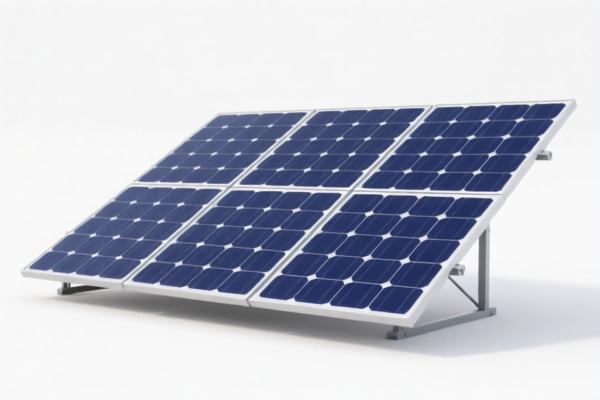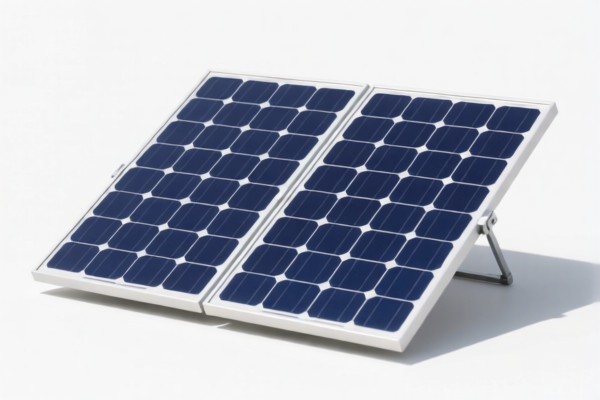| HS Code | Official Doc | Tariff Rate | Origin | Destination | Effective Date |
|---|---|---|---|---|---|
| 8541430080 | Doc | 30.0% | CN | US | 2025-05-12 |
| 7326908688 | Doc | 82.9% | CN | US | 2025-05-12 |




Okay, let's break down the HS codes and tax implications for your "PORTABLE SOLAR PANEL" declaration. Here's a detailed analysis to help you understand the classification and potential costs:
Understanding HS Codes – A Quick Primer
HS codes (Harmonized System codes) are internationally standardized codes used to classify traded products. They're crucial for determining tariffs, regulations, and trade statistics. The first 6 digits are generally standardized globally, while the last digits can vary by country.
Analysis of Your HS Codes
You've provided two HS codes, which suggests your portable solar panel might be classified under either of these depending on its specific composition and function. Let's examine each one:
1. HS Code: 8541.43.00.80 – Photosensitive semiconductor devices
- 85: Electrical machinery and equipment and parts thereof; sound recording or reproducing apparatus, television-image transmission or reproduction apparatus, and parts and accessories of such articles. (This chapter broadly covers electrical components.)
- 41: Photosensitive semiconductor devices, including photovoltaic cells whether or not assembled in modules or made up into panels; light-emitting diodes (LED). (This narrows it down to semiconductor devices.)
- 43: Photovoltaic cells assembled in modules or made up into panels. (Specifically, solar panels.)
-
00.80: This is the specific subheading for "Other" within this category.
-
Tax Implications:
- Basic Duty: 0.0%
- Additional Duty: 0.0%
- Post April 2, 2025 Additional Duty: 30%
- Total Tax: 30.0% (This is due to the additional duty coming into effect after April 2, 2025.)
-
Important Considerations: This code is most likely the correct one if your portable solar panel's primary function is generating electricity from sunlight using photovoltaic cells. However, the "Other" classification means it doesn't fit neatly into a more specific category within 8541.43.
-
2. HS Code: 7326.90.86.88 – Other articles of iron or steel
- 73: Articles of iron or steel. (This chapter covers products made of iron or steel.)
- 26: Other articles of iron or steel. (A broad category within iron/steel products.)
- 90: Other. (Further specifying it's not a specifically listed item.)
-
86.88: This is a very granular subheading, also classified as "Other".
-
Tax Implications:
- Basic Duty: 2.9%
- Additional Duty: 25.0%
- Post April 2, 2025 Additional Duty: 30% (specifically for steel/aluminum products)
- Total Tax: 82.9%
-
Important Considerations: This code is likely applicable if the structural components of your solar panel (the frame, backing, etc.) are predominantly made of iron or steel, and these components are considered significant to the product's overall function and value. This is less likely if the steel/iron is minimal.
-
Recommendations & Next Steps
- Material Composition: Crucially, determine the primary materials used in your portable solar panel. What percentage is photovoltaic cells vs. iron/steel? This will dictate the correct HS code.
- Functionality: Is the solar panel primarily an electrical device for generating power, or is it more accurately described as a steel structure with embedded solar cells?
- Single vs. Multiple Codes: It's possible your product could be classified under both codes if it has distinct components. In this case, you might need to explore a composite classification or seek a binding ruling.
- Certification: Depending on the final HS code and the destination country, you may need certifications (e.g., CE marking for Europe, IEC standards for solar panels). Please check the import requirements of the country you are exporting to.
- Invoice Details: Ensure your commercial invoice clearly describes the materials, dimensions, and functionality of the solar panel.
- Binding Ruling (Highly Recommended): For complex classifications, consider applying for a binding ruling from the customs authority in the importing country. This provides legal certainty on the correct HS code and tariff treatment.
- Price Declaration: Declare the accurate price of the product. The customs may have a minimum acceptable price for the product.
Disclaimer: I am an AI assistant and cannot provide definitive customs advice. This information is for general guidance only. You should consult with a qualified customs broker or consultant for specific advice tailored to your situation.
Customer Reviews
The section on the composition of the product was very informative. It helped me understand why there are two HS codes for the same item.
I was looking for details on solar panel classifications and this page had exactly what I needed. The HS code analysis was spot on.
The tariff rates are clearly listed, but I wish there was more information on how to apply for duty exemptions. Still, it's a solid resource.
The breakdown of HS Code 8541430080 was incredibly helpful. I now understand the tax implications for exporting portable solar panels to the US.
This is exactly what I needed for my export planning. The HS code and tariff info were spot on.